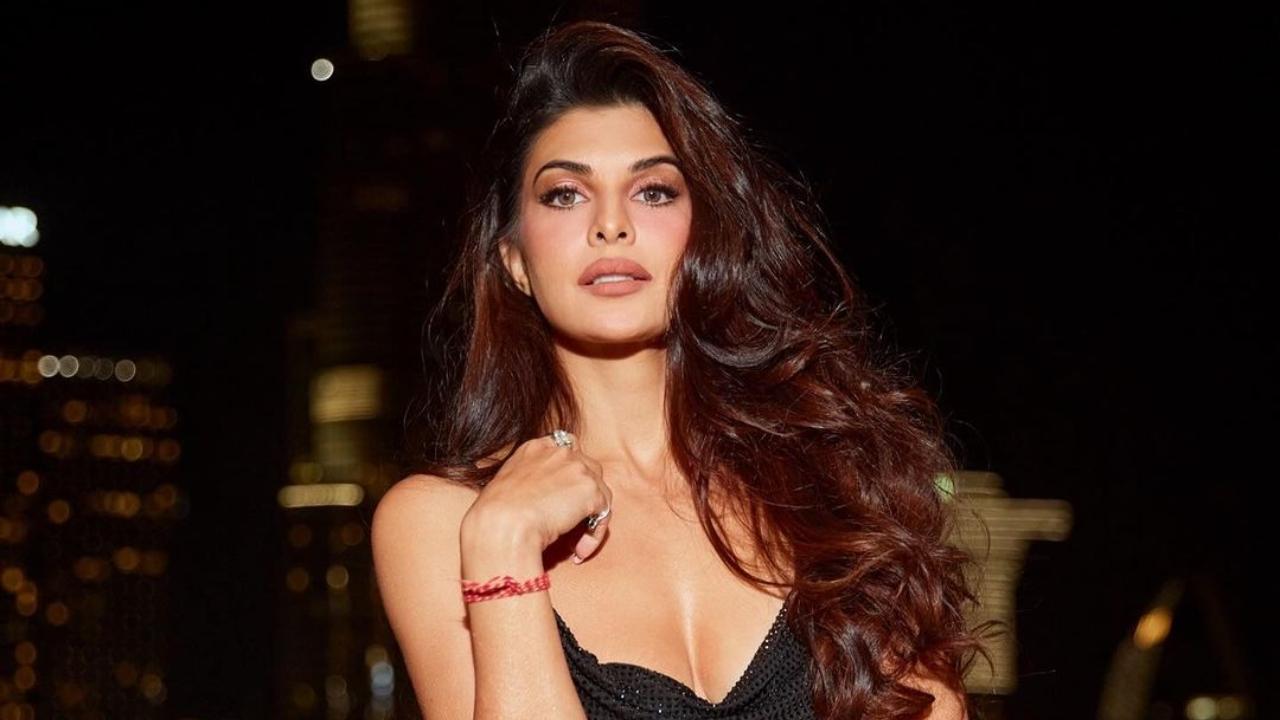
The Indian music industry is draped in a veil of sorrow as we bid adieu to one of the most revered ghazal singers of our time, Pankaj Udhas, who left us on Monday following a prolonged illness. His demise has left a deep void in the hearts of music aficionados and fellow artists alike, including the renowned percussionist Bickram Ghosh, who shared heartfelt memories of the late maestro, echoing the sentiments of millions.
“It is a tragedy that Pankaj ji went so soon. I always thought he was fit, and he looked good,” Ghosh reflected, his voice tinged with disbelief and mourning. The shock of the unexpected loss was palpable in his tone. He reminisced about the decades past when Pankaj Udhas’s soul-stirring ghazals, such as ‘Chitthi aayi hai’, resonated with the youth, leaving an indelible mark on the annals of Indian music history.
Pankaj Udhas, a name synonymous with ghazals, managed to weave traditional ghazal singing into the tapestry of film music, introducing the genre to a wider audience. His gift for melody and a keen understanding of his listeners’ preferences helped him create songs that not only showcased his vocal prowess but were also immensely enjoyable and singable.
“We always remember him as someone who sang with poise and created a huge fan following,” Bickram Ghosh stated, acknowledging the maestro’s ability to captivate listeners with his voice. The sincerity and depth of Udhas’ performances had earned him legions of fans who are now mourning his loss.
Moreover, Pankaj Udhas was hailed as a pioneer who not only graced the ghazal genre with his enchanting voice but also worked tirelessly to revive interest in this age-old art form. The annual ‘Khazana’ festival, orchestrated by Udhas, played a significant role in bringing ghazals back to the forefront of the Indian music scene. His efforts have inspired a new generation of artists, ringing in a renaissance period for ghazals, which now attract large crowds and enjoy popularity on music streaming platforms.
“He had so much more to offer,” Ghosh said with a sense of loss, giving voice to the collective sorrow of the music community. Ghosh, himself coming from a classical music background, acknowledged the widespread allure of Pankaj Udhas’s music, which transcended barriers and found listeners even among those unfamiliar with the genre. Such was the universal appeal of his songs.
The turn of the century saw many proclaiming the decline of classical music genres, but ghazals stood firm, bolstered by the likes of Pankaj Udhas who ushered them into the new era. People flock to ghazal concerts in numbers that serve as a testimony to the genre’s vibrant resurgence. It continues to thrive, touching the souls of the young and old alike.
Ghosh, along with his wife Jaya, finds solace in the melodies of songs like ‘Chitthi aayi hai’ and ‘Ghungroo toot gaye’ that Udhas left behind—a legacy that will continue to echo through time, offering a balm to grieving hearts. “My wife [Jaya] and I still listen to Chitthi aayi hai and Ghungroo toot gaye,” he admitted, expressing the personal connection they hold with the songs.
The sorrowful notes of condolences extend to Pankaj Udhas’s family, friends, and his countless admirers, as they grapple with this profound loss. The ghazal maestro may have left the physical world, but his music remains immortal—a testament to his influence and contribution to Indian music.
As the nation mourns the passing of a legend, it becomes clear that Pankaj Udhas’s spirit will live on through the melodies he crafted with love and the timeless charm of the ghazals he championed. His journey may have come to an end, but the legacy of Pankaj Udhas—the man who brought ghazals to the masses and nurtured their enduring charm—will resonate for generations to come.










